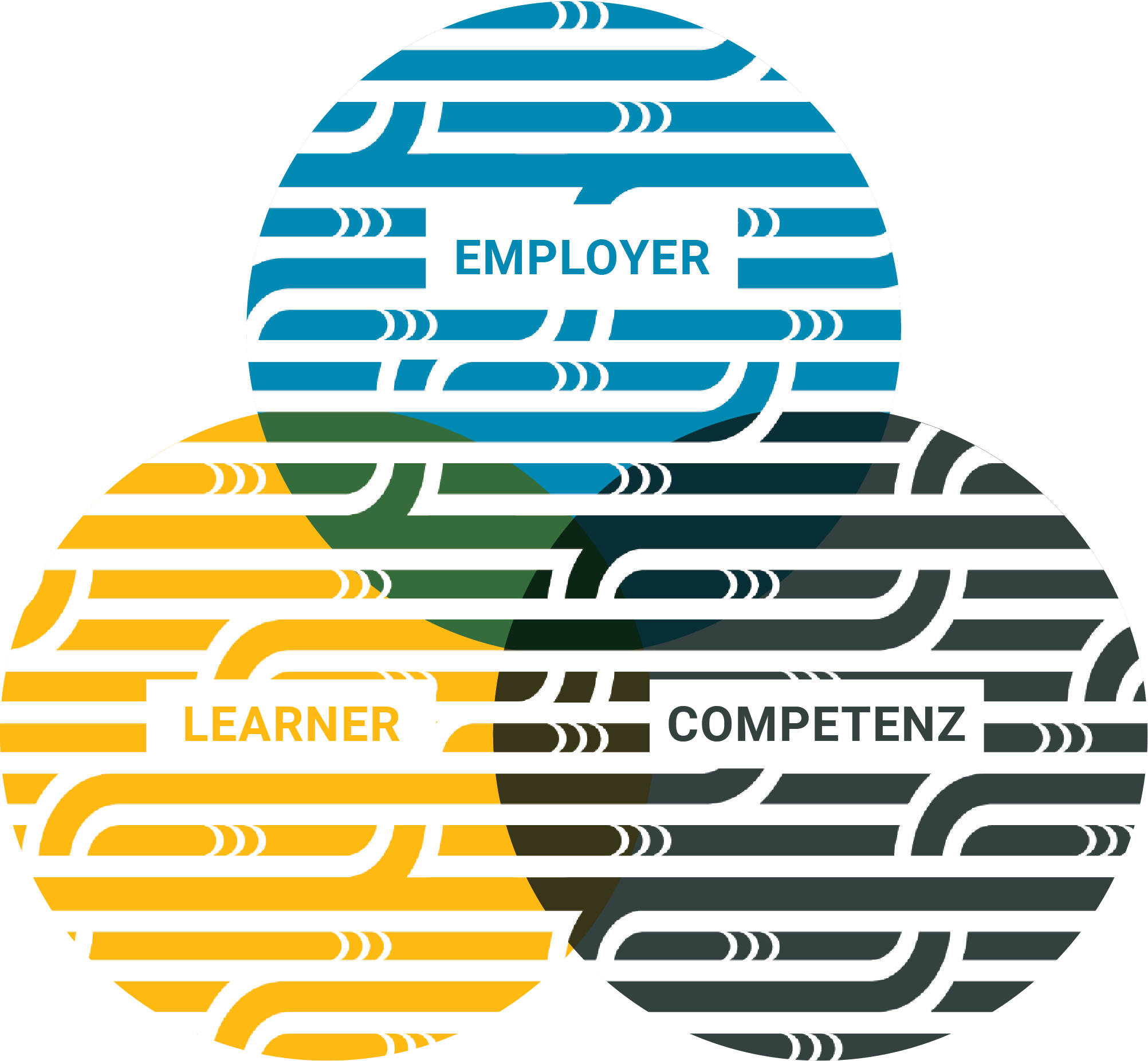
Running an apprenticeship is like building a strong sports team; everyone has a role, and the goal is the same: growing skills and getting great results.
An apprenticeship is structured on-the-job training combined with theory. Most take 3– 4 years to complete, but it’s not just about the time—it’s about the progress and outcomes.
Key players on the team:
You (the employer): Team coach and mentor. You provide the workplace, day-to-day guidance, and real learning opportunities.
The apprentice: A motivated learner gaining skills, confidence and experience to become a valuable part of your team.
Competenz: Your training partner. We design the programme, provide tools and support you both from start to finish.
Together, we’re helping your apprentice grow and strengthening your team and industry.

You don’t have to figure it out alone. Competenz walks alongside you and your apprentice. When everyone plays their part—like a team on the field—great things happen.
70% of learning happens on-the-job, which means that you play a key role in your apprentice’s development.
Your role includes:
Think of yourself as a coach: guiding, encouraging, and helping your apprentice connect the dots between theory and practice.
A good trainer brings out the best in people. They:
Your coaching doesn’t just build skills - it builds confidence and loyalty.
Your TA is here to help you and your apprentice stay on track.
They:
They’re also the go-to for long-term workforce planning—helping identify future skills needs, reskill staff, and build a culture of ongoing learning.
Competenz also offers targeted support along the way:
Go to the training advisor section for information on how to access these resources.
.webp)
Success in an apprenticeship doesn’t happen in isolation. It relies on getting the right people aligned—at work and at home—to support the learner's journey.
The diagram below shows how these relationships interact: the apprentice, employer and training advisor form a strong triangle of support. Each contributes different insights, tools and encouragement into regular reviews of progress.
Just as important is the role of whānau (family and close supporters), who help build resilience, motivation, and a sense of belonging throughout the apprenticeship.
As you can see, when everyone pulls in the same direction, apprentices are more likely to succeed, grow their skills and thrive in their career.
To start an apprenticeship, a prospective apprentice must:
If you have employees already working in your business who don’t hold a formal qualification, they may be able to have their existing skills recognised through an apprenticeship.
